Plot Semis & Other Frightening Things

When it comes to plotting I prefer to leave that to the writers who do it well for I’m a pantser of the first order. Generally speaking, I have a very loose idea of what the story should be about and then I jump in blindly, swimming in all sorts of directions until I find the current and then enjoy the wild ride down the rapids. It’s fun, exhilarating, and okay, you got me, sometimes I end up banging my shin against a mean, old rock and that’s when it sucks.
The fact is, a little plotting is highly useful (hypocrite alert: I’m wandering into territory I rarely travel) because if you at least know the direction you’re heading, when you get lost you can consult your handy little map. But even as I know this and envy those who use spreadsheets and Post-its, charts and index cards, my brain doesn’t work that way and the one time I tried to do this, my story ended up a right mess that had to go straight into the trash when I was through. I’ve since come to grips with the notion that I am a pantser and that’s okay.
But here’s another thing I’ve noticed as a pantser that happens when you least expect it: plot semis.
You know what I’m talking about. You’re coasting along the creative highway, sailing around obstacles with ease, grinning with the wind in your hair and the bugs in your teeth, until BAM! you look away for just a moment and suddenly, you’re fender fodder in the grill of a plot semi.
When this unfortunate situation occurs, there’s generally a lot of cursing that happens as you realize you’ve just written yourself into a corner and backtracking to the point where you took a wrong turn at Albuquerque is necessary in order to fix things. Sometimes that wrong turn happens very early in the story and you want to scream; other times it happens later and all you need is a small mountain of chocolate to get you through. Either way, this is something that probably wouldn’t happen to a plotter (damn their eyes!) because they’ve already charted out the entire course of the story, complete with character arcs and emotional growth points (I’d say gag me but that would only illuminate how purely jealous I am of this talent) so they never fear the creative highway.
Maybe I’m a closet adrenalin junkie because sometimes narrowly missing those Mac trucks of plotting is quite a rush and pushes me to write better than I ever did before.
Another great thing about being a pantser is when I give my imagination free rein, sometimes I stumble upon the greatest revelations for my characters.
Let me share an example. In the book I just turned in, (working title: Angels On His Doorstep) as I labored toward the end, I knew I was coming up on this pivotal scene between the heroine and the hero but even as I could see the scene in my mind, I kept shying away from writing it. Then, as I berated myself for being such a ninny, I prepared to buckle down and put the scene to paper when suddenly, it was as if the characters themselves took hold of my fingers and a new scene — better and far more interesting — burst from my keyboard. I realized I didn’t need the scene I was avoiding and the new scene was far more exciting and full of closure than the original. And this scene was nowhere near what was loosely plotted in my synopsis, which as my editor has learned, is more the norm than the exception when it comes to my writing process but in her words, I manage to pull it all together in the end and that’s what counts. I’ve earned her trust just as I’ve learned to trust my process and yet, avoid those pesky plot semis.
Do you trust your process? Plotter or pantser, tell me how you discovered how to navigate your creative highway without ending up stranded, busted, or plain smashed into the grill from a runaway plot.
Kimberly Van Meter is an award-winning journalist turned romance novelist. She is published with Harlequin Superromance and her latest release, AN IMPERFECT MATCH, is in stores now.
For more information on Kimberly, go to her website at www.kimberlyvanmeter.com

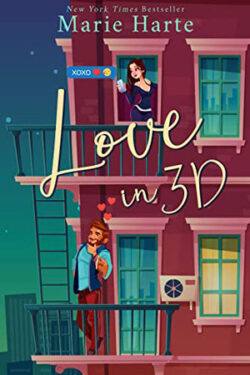
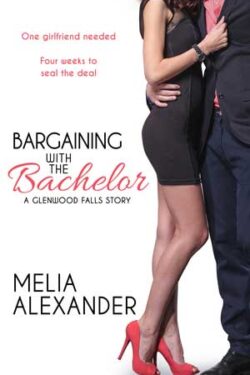

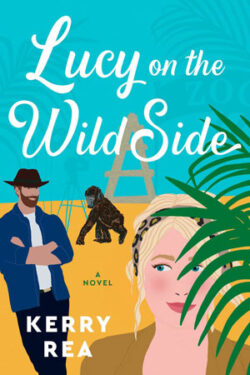
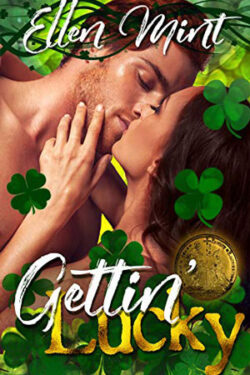
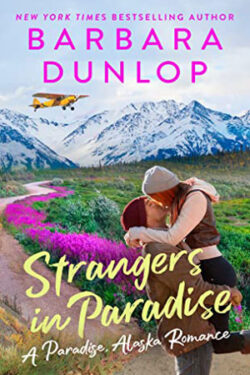
Congratulation on the book nice cover!
Hugs!
Lisa
Hi Jeannie, Marcie! Thanks for stopping by. I was beginning to feel quite lonely.
I like the hybrid theory. And I say, if it works for you, then awesome. Keep doing it! When good ideas come we have to grab them before they skitter away. I can’t tell you how many times I’ve thought “I should write that down” but didn’t and then when it came to get to work my mind went blank. Conversely, when the mind is blank, I tend to leave and come back as well. Usually, I putter around the house or watch a movie. Sometimes a movie is very inspiring to me. Every time I watch Underworld I swear I’m tempted to write that paranormal I have rattling around in my head!
Hi Kim! It seems I’m like you – I have an idea of certain points I want to happen in my story and then I just go with it. Sometimes I get lost along the way, but if I let it ‘sit’ for a while and go do something else (which could mean going to take a shower or brush my teeth and while there I figure out what I want to say and then I can’t write it at the moment so I keep repeating it to myself). I keep telling myself that once I get published I won’t be able to write this way because of deadlines, but right now I can’t seem to stop myself from doing it. So, since you’ve come to terms with your pantser self, I believe I can too!
Kim, I’m a hybrid. I plot things out because if I don’t force myself to think the story through, the “then something cool happens to bring them together” doesn’t happen. 🙁 So I plot. And then, when I’m following the plot road, I see this cool detour and I invariably take it. Why not? I know where I’m going if it doesn’t work. And nine times out of ten, it works and it adds to the story–kind of like your scene where the characters took over. But after I change things, then I plot again. I can’t help myself.
Looking forward to An Imprefect Match. I picked it up yesterday, but can’t dive in until I finish my book.
Jeannie
Thanks Ellen! I appreciate that. It’s one of my top favs in my short collection thus far. Thanks for stopping by!
Kim- don’t know much about writing a book but I read enough to know when a book is really, really good. And “An Imperfect Match” is a really, really good.